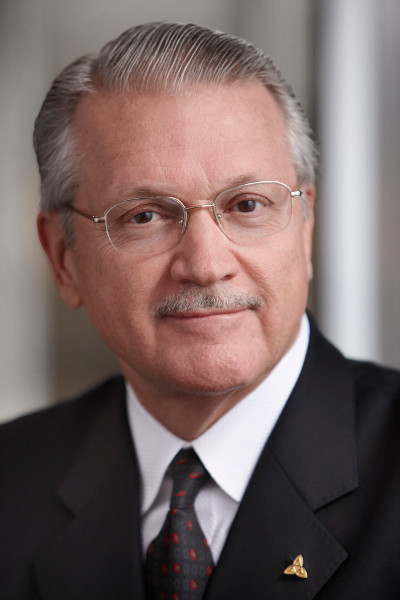We often discuss healthcare in terms of the larger society, system and population. But we should not neglect to bring it back home to the individuals whose lives are directly impacted by the decisions we make as healthcare professionals. These impacts are especially challenging when based on factors outside the control of the individual, such as race, family circumstances or local economy.
Unfortunately, the United States has one of the largest income-based health disparities in the world. Citizens of lower socioeconomic status face health challenges such as lack of access to healthy food or unstable living situations, and, even more often, the inability to pay for health insurance. Many disparities in the U.S. also center on race and ethnicity. For example, people of color generally face more access barriers and utilize less appropriate care than white patients. Members of racial minority communities also face higher rates of morbidity and mortality than non-minority groups. 
At Ascension, improving the health and wellness of our communities is core to our mission of providing compassionate, personalized care to all, with special attention to persons living in poverty and those most vulnerable. We must meet and welcome people where they are on a social, emotional, mental and physical level, and address the issue of healthcare disparities.
We realize that access and coverage alone are not enough to guarantee better health outcomes; we also must build a culture of health in our communities. Many people face health issues that cannot simply be fixed in a doctor's office, but involve factors outside of the traditional "health sphere" including housing, food and employment. To address health comprehensively, we must seriously address all of these factors, while understanding that we cannot pursue community health as a priority by using a one-size-fits-all model. It is necessary to address the social determinants that significantly impact people's health in a particular community.
In the current healthcare environment, where healthcare is rapidly changing with increasing challenges and opportunities, we want to focus on population health — to promote disease prevention and wellness. The best way to do this is through a practical community health strategy, including the use of data, research and outreach to support community health goals. The population health approach shifts some healthcare dollars from the way they are currently allocated to a way they can be used to promote wellness and prevent disease.
Another important strategy to ensure optimum population health is moving toward a healthcare payment system based on value instead of volume. When our providers are reimbursed based on providing the best value of personalized care to patients, communities will benefit from improved health measures such as reduced readmission rates, reduced emergency room utilization, more healthy days out of the hospital and increased productivity. These benefits will not only alleviate burdens on the healthcare system but will enhance the lives and livelihoods of all members of the communities we serve.
To further address all factors affecting health, we use a community-based care model to help eliminate inefficiencies and the chance of people falling through the cracks. We aim to collaborate with like-minded local organizations, including local food banks, to help those who are struggling right where they live, work, worship and play. Our national Medical Mission at Home effort provides free health and social services to vulnerable members of the communities we are privileged to serve. Additionally, within our national health system, we strive to equip our providers with tools to competently and compassionately serve our diverse populations and strengthen the culture of diversity and inclusion across our system to reflect our communities.
Ascension is committed to identifying and eliminating disparities in healthcare outcomes and gaps in care and achieving health equity. By fiscal year 2022, we seek to achieve zero preventable healthcare disparities across our quadruple aim of delivering exceptional health outcomes, an exceptional experience for the people we serve and an exceptional experience for providers, at an affordable cost. Our goal is that every person receiving care has the opportunity to attain his or her full health potential and ensure no one is disadvantaged from achieving this potential.
Anthony R. Tersigni, EdD, FACHE, is president and CEO of St. Louis-based Ascension, the nation's largest nonprofit health system.

